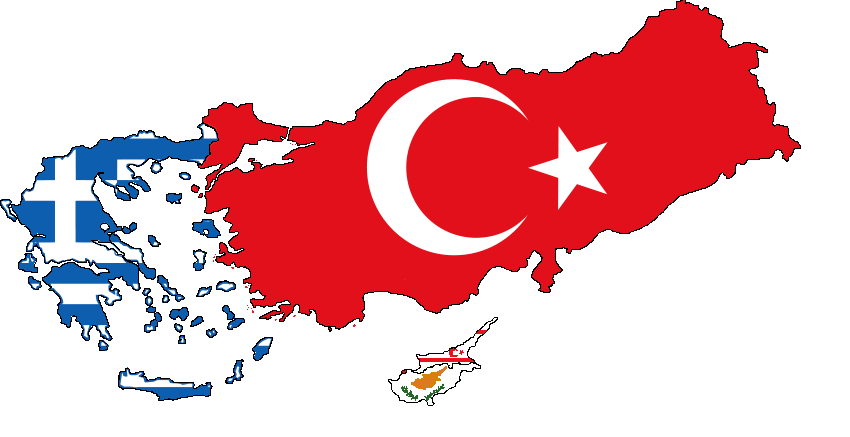The Outcome of the Brazilian Elections: Has Democracy Spoken?
Prospects and Issues at Stake
The 2022 Brazilian critical election marked an important event in history; there was a lot at stake as the future of Brazilian democracy lay in the hand of the electorate. The Brazilian population was faced with a tough decision; to vote for a president who is destined to guide Brazil on an illiberal path or to vote for a president who has been convicted and charged in the largest corruption scandal. Although taking on the role of a democratic president, President Jair Bolsonaro has directly questioned the role and effectivity of the parliament, a democratic institution that embodies the essence of representative democracy. He has claimed that the parliament is ineffective at representing the interests of the Brazilian people to an extent that it undermines them. He has continuously undermined the democratic institutions by supporting anti-democratic movements such as urging the public to call for military intervention against the democratic institutions including the parliament and the Supreme Court of Brazil.
(Photo by Andressa Anholete/Getty Images)
With Bolsonaro’s attempts at disintegrating the democratic institutions in Brazil, looking at the V-DEM 2021 state of global democracy report, it is clear that Brazil is experiencing democratic backsliding. It is important to note that Brazil’s democracy is fragile and young, and under populist tactics, Brazil’s democracy is not consolidating. The prosperity of democracy was in grave danger with Bolsonaro threatening the functionality of the democratic institutions and encouraging a regime shift by romanticizing a military dictatorship. On the other hand, the election of ex-president Lula undermines all the efforts placed in creating checks and balances against corrupt politicians during the car wash operation. It sends a clear message that politicians involved in corruption against the state could continue maintaining a prosperous political career, which in turn undermines the transparency principle of democracy.
Lula
Outcomes
In the general elections held on the 30th of October 2022 in Brazil, Lula emerged victorious, receiving 50.9% of the votes. Bolsonaro lost his bid for a second term of the presidency by receiving 49.1% of the votes. It is important to mention that the margins of Lula’s victory were very narrow. This calls for the possibility of conflict as Bolsonaro has hinted that he will not be accepting the results of the 2022 elections due to election fraud. The Brazilian people have chosen to act pragmatically. Although Lula undermines democracy, Bolsonaro threatens the whole foundation of democracy. Unfortunately, the Brazilian population was placed in a position to elect a president that will inflict the least damage on Brazil’s democracy rather than a president that pledges to serve the people’s rights and hold the rule of law in the highest regard.
Bolsonaro
The future of Brazil with Lula as President
With populism utilized as an effective tactic in Brazilian politics since 2018, under the pressure exerted by the competitive nature of the race, the risk of populism completely shaping and becoming a prominent aspect of Brazilian politics has drastically increased. Following the elections, in an address made to journalists in Sao Paulo, President Lula vowed to reunify the nation following the race for power that has led to a prominent left-right divide in Brazil. Under context, the return of Lula does not entail a return to the 2000s, which was a fantasy many of Lula’s supporters envisioned. The political culture in Brazil is much more fragmented and polarized compared to the 2000s. During his campaign, Lula has built an image of the peace promoter occupied with overcoming conflicts surrounding social programs, public services, police brutality, and the environment.
However, political campaigns are often built on idealism and empty promises. Lula’s ability to deliver on his promises must be critically questioned. Due to his name being linked to a corruption scandal and ineffective populist rhetoric, the charms and charisma of Lula are no longer adequate to push for progressive and structural change. The Brazilian parliament is dominated by the right; therefore, pushing forward Lula’s progressive policies will pose a great challenge. Receiving 49.1% of the votes, Bolsonaro still possesses many loyal supporters who would not hesitate to oppose Lula’s policies and radicalize his approach with their strong commitment to family values and true Christianity. Under the influence of Bolsonaro’s populist approach, his supporters demanding military intervention remain a serious threat to Brazil’s democracy. Therefore, it could be concluded that unifying the nation that has been divided because of a race for power is the most significant and critical challenge Lula will face in his time in office.
Rowa Kordi
Undergraduate student – Koc University & Erasmus University
Cardoso, P. (2022). Military involvement in political disputes as a factor of institutional instability in Brazil. Brasiliana: Journal for Brazilian Studies, 10(2), 29-46. https://doi.org/10.25160/bjbs/10.2.3
Cryst, E., Thiel, D., Lotufo, J. B., & Gallagher, S. (2021, November 11). Brazil election scene setter. FSI.
Pampillón , R. R. P. L., & Lima , L. (2021, November 3). Brazil: Will Bolsonaro win the 2022elections? IE Insights.
Tavares, A. (2021). Democracy, populism, and political identity: A brief essay of the actual political context in Brazil and threats to the Brazilian 2022 elections . Brazilian Journal of Development, 7(8), 76375-76388. https://doi.org/10.34117/bjdv7n8-046




Comments